“The Incantation” is a must-see for fans of Asian Horror — and for anyone who has yet to discover the extraordinary gift of foreign frights.
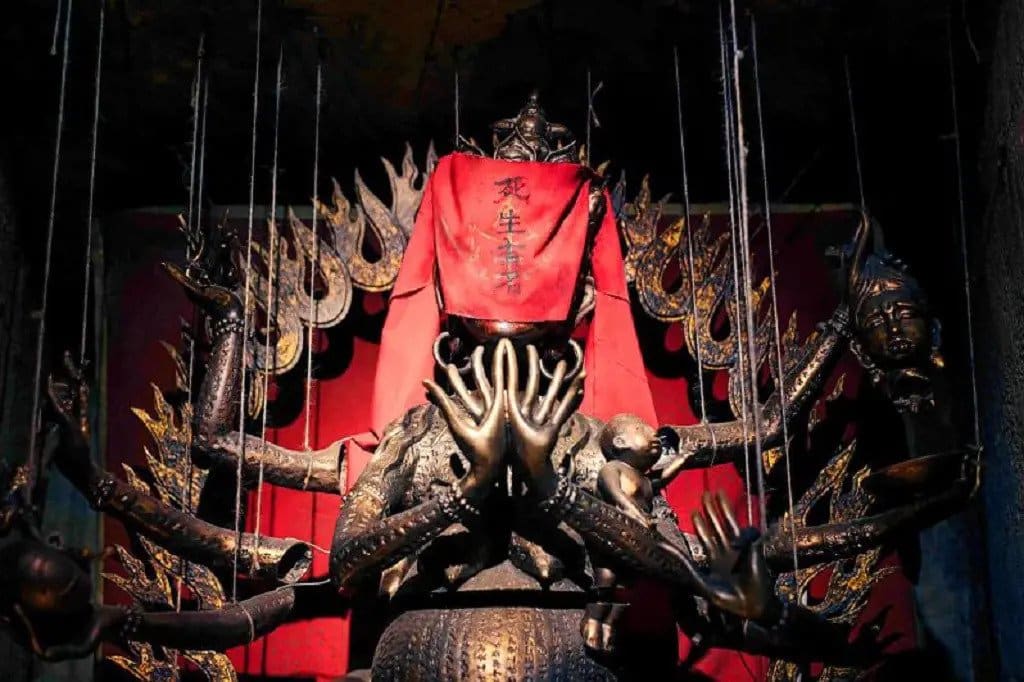
As Halloween drew near, my partner and I decided to fill the holes in our Asian Horror education. After some classics and some mostly forgettable stuff, we ended up on Netflix, deciding on an unassuming Taiwanese picture, The Incantation.
To say it was a pleasant surprise would be an understatement of what an unsettling, fascinating, and terrifying journey this film was.
Little is pleasant in it, but there is certainly depth and chill that will please any genre fan. The film compiles footage from Buzzfeed Unsolved style videos, through home videos to CCTV recordings to tell the story of Ronan, a woman who once was involved in violating a spiritual taboo that left her cursed, and whose daughter Dodo now suffers the consequences.
That description, however, does not give justice to the haunting style, direction, and writing full of twists that it contains.
Regarding those twists, rest assured this is not a film that relies on big reveals to shock the audience. This isn’t one of those one-and-done films that loses all its appeal once you know its secrets. While it does keep things interesting and engages viewers with its surprising choices, you’ll be invested for the entire ride and won’t feel manipulated as a viewer.
As the film starts, Ronan brings Dodo home from foster care, and her house immediately appears to be haunted. But there is no waiting for a sheet to be pulled off sleeping bodies. Right from the onset, we have invisible spirits talking to a child, unexplained lights, infestations of worms, and spooky sounds.
This film starts where a film like Paranormal Activity would end, and it keeps going, upping the scares along the way.
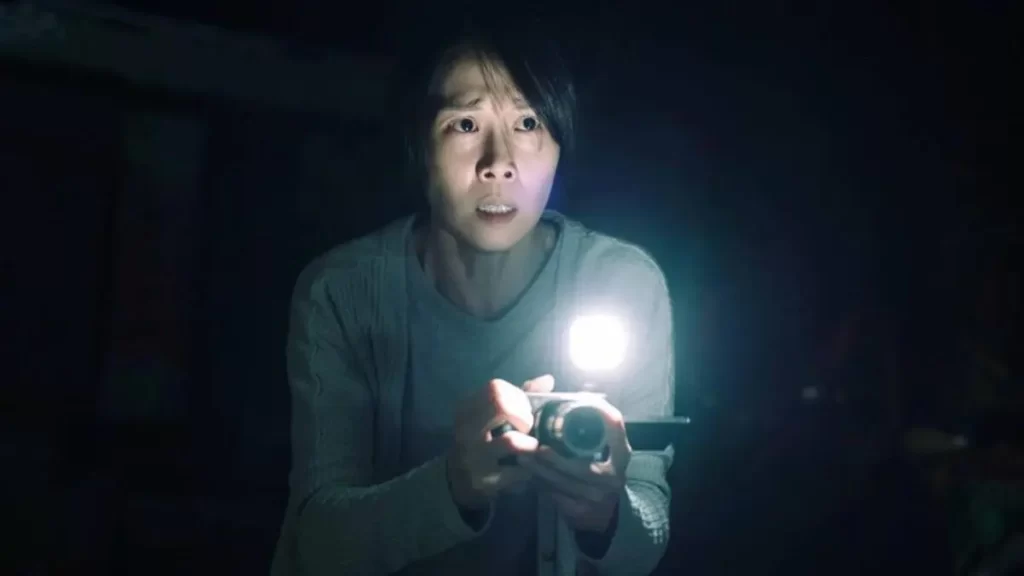
And those scares are quite diverse, pulling from sub-genres within the entire horror spectrum.
A haunted house quickly turns into possession mixed in with elements of folk and cult horror in the retrospectives to the night when Ronan was cursed, with a good chunk of body horror thrown in for a good measure. The mix of two time periods allows for the mystery to deepen and, at the same time, never confuses. The film’s moving parts fit perfectly together.
Yes, you will be spooked by a jumpscare or two. However, the film mostly plays on the viewer’s imagination, taking its time to show the more physical symptoms of the curse. It’s also worth mentioning that the film, despite its naturalistic style, actually owes a lot of its scares and atmosphere to CGI, which is seamlessly incorporated into the footage.
The found footage nature of Incantation naturally draws the audience in, playing on the conceit of how the events could be real.
However, while many modern works of the genre really require suspension of disbelief, The Incantation doubles down on audience involvement.
Ronan is an ex-streamer. As the in-film director, editor, and star of the movie, she often speaks directly to the audience, asking them to perform certain actions or focus on parts of the footage. The audience becomes more and more involved in the film, not only caring for the character’s well-being and feeling terror through that proxy but starting to experience the film’s terror more directly.
The Incantation brilliantly dances on that cusp of meta filmmaking and found footage that truly feels close to the immersive classic of The Blair Witch Project.
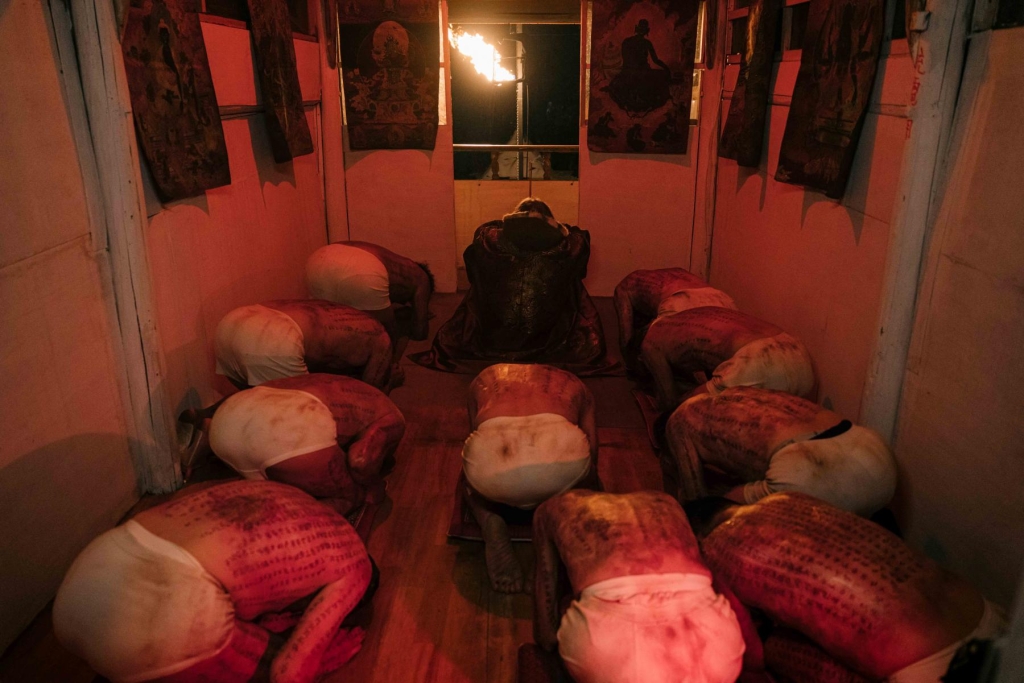
The film truly feels like it is a special made by an influencer who somehow got a deal with Netflix, but not in a corny way; it simply adds to the eerie realism of the film.
It’s never boring, a common sin of the genre, focused on what’s important. When not delivering scares, it brings in the feelings, allowing you to relate to the characters truly. The film draws the audience in with some clever tricks, but it holds its attention with genuine emotion at the heart of it.
Ronan creates the film because she is desperate to save her daughter, and it is their bond and love for each other that keep the viewer so invested.
Huang Sing-ting as Dodo delivers a great, genuine performance (thanks in big part to Kevin Ko’s hands-on direction of her) that is truly heartwarming and makes the viewer care. That is especially tricky to do in horror, famous for its irritating children that the viewer often must invest despite their character rather than because of it.
The sweet performance of the child actress makes the horror that the curse inflicts on her body so much more disturbing than many other movies that deal with similar body horror in case of possession. Possessed characters become corrupted, often to a point where the audience barely remembers the real person aside from the demonic presence within them. In the case of Dodo, she is always a little, innocent girl who cannot understand why she suffers.
Hsuan-yen Tsai (Ronan) had her hands full, portraying both younger pre-curse Ronan, who suddenly is overwhelmed by the circumstances, as well as her older self, tired and hardened by the curse, still finding joy in the moments she gets to spend with her daughter.
Together with Kao Ying-Hsuan in the role of a helpful foster care worker Chih-Ming, the three knit together a story that is truly frightening but never loses the emotional center — a story about parenthood.
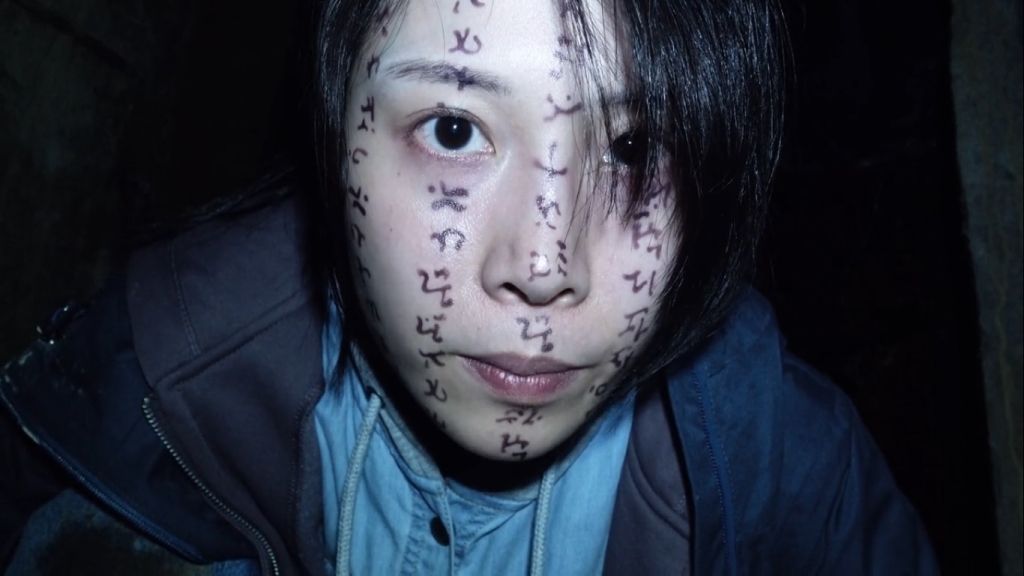
This message feels so much stronger than in many other works of a similar subject matter, such as The Babadook or Rosemary’s Baby, in which it feels the only reason why there is a bond between mother and child is because of their biological connection.
Ronan does not care about Dodo because she gave birth to her but because she grew to love her specifically. Chih-Ming does not care with such passion for all children in his care. He cares about Dodo because it feels as if she is his daughter.
The parenthood of Incantation is a blessing and a curse, but one the characters choose for themselves rather than something thrust upon them.
The film does not ask the audiences what they would do in this situation or make them fear parenthood, like many horror films about parent-child relationships are wont to do. Instead, it asks them to choose parenthood in a small way, to participate by offering a little bit of help to struggling parents. It takes a village, as the saying goes, and apparently, that relates as much to raising children as it does to dealing with curses put upon them.


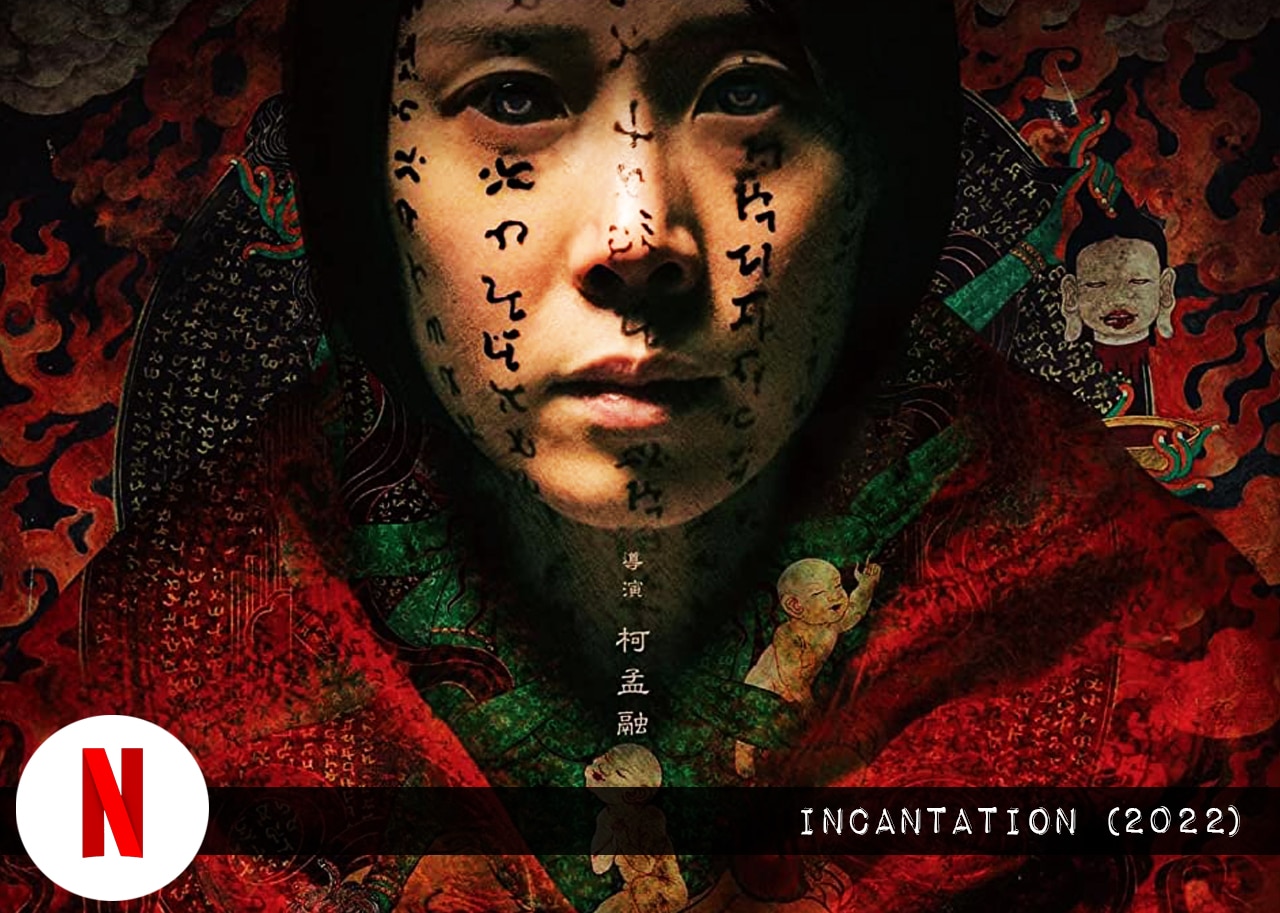










Follow Us!